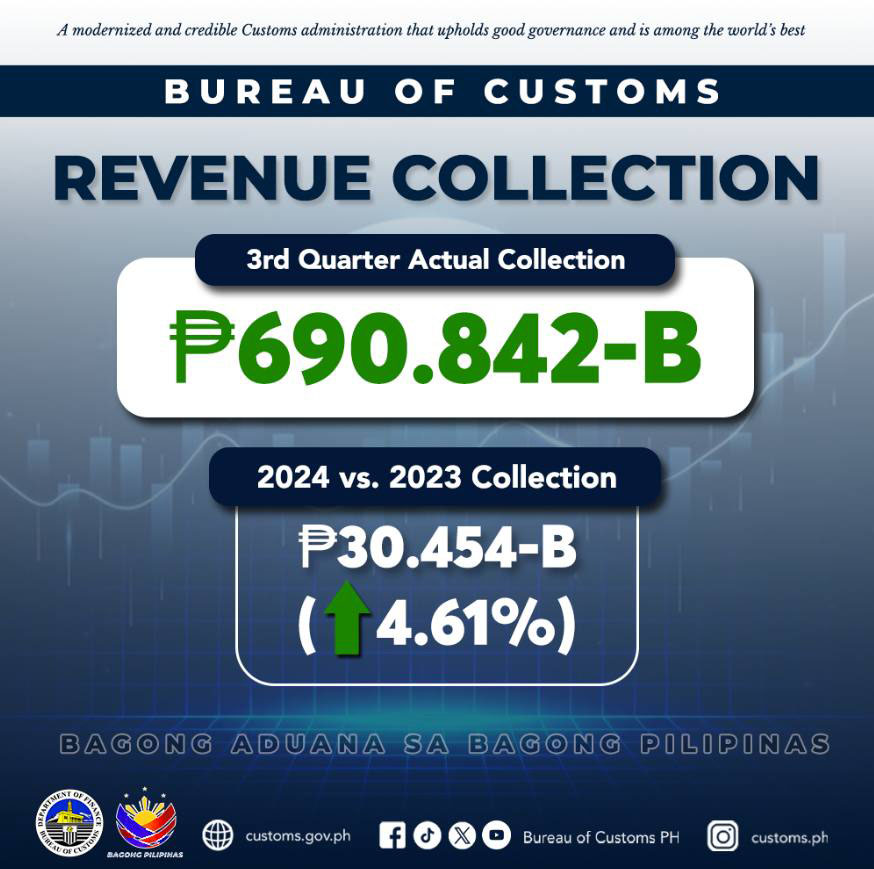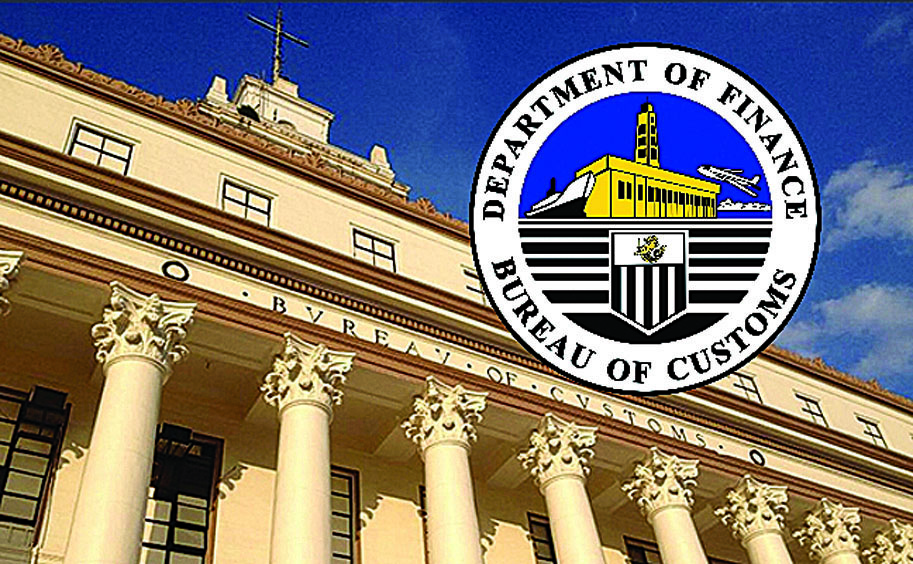
The war on drugs initiated by Philippine President Rodrigo Duterte from 2016 to 2022 has been marked by widespread violence, human rights abuses, and the deaths of thousands of suspected drug offenders. This brutal campaign was executed by key officials within the Philippine National Police (PNP) and related agencies like the Philippine Drug Enforcement Agency (PDEA), with some of the most prominent being Romeo Caramat Jr., Lito Patay, and Aaron Aquino. Their roles in the campaign have been closely linked to the large-scale extrajudicial killings (EJKs) that occurred under Duterte’s administration, and their actions were deeply influenced by Duterte’s own words, which encouraged deadly force in dealing with suspected drug offenders.
Caramat, Patay, and Aquino were part of the Davao Boys or were close to the people who comprised the group. The Davao Boys were responsible for Duterte’s anti-drug operations while he was mayor of Davao City. The operations of the Davao Boys escalated to a national level when Duterte became president.
Caramat Jr., as the Provincial Director of the Bulacan Police, was known for his aggressive and violent approach to drug operations, leading to high body counts in his jurisdiction. Caramat’s leadership in Bulacan stood out during a series of coordinated police raids in 2017, where 32 individuals were killed in a single day. Caramat insisted that all those killed had resisted arrest or “nanlaban”, a claim that was repeatedly used to justify the suspiciously high death tolls in police operations.
Police Colonel Lito Patay earned himself a reputation as a ruthless enforcer. Patay played a critical role in Quezon City’s anti-drug operations as the head of police station 6 in the said city. He was instrumental in the operations that resulted in the deaths of numerous suspected drug offenders, many of whom were later revealed to be innocent civilians or low-level users who had no opportunity for a fair trial, including the untimely killings of a 17-year-old innocent individual named Kian delos Santos.
Aaron Aquino, who served as the Director General of the PDEA, was another pivotal figure in Duterte’s drug war, who oversaw operations at a higher level, coordinating between the PNP, PDEA, and other government agencies involved in the anti-drug campaign. Under his leadership, PDEA became a central player in enforcing Duterte’s violent drug policies, and often supporting and justifying the aggressive measures taken by police forces. Aquino was part of the bigger picture that enabled the Duterte administration’s crackdown on drugs, which led to thousands of deaths.
The common factor between Caramat, Patay, and Aquino is Rodrigo Duterte, who is deeply connected to these individuals when they all grew up and came from Davao, or were introduced to the members of the Davao Boys. It was also Duterte himself who gave the orders and created the culture of impunity that allowed such widespread extrajudicial killings to occur. From a lowly Davao City Mayor where he carried out his bloody drug operations, the same was elevated to a national scale, openly encouraging the killing of drug suspects.
In one of his speeches back in 2016, Duterte infamously confirmed news circulating from international news agencies like BBC and CNN that he is responsible for the killings and that his campaign on the war on drugs will not stop until the end of his term and until every drug pusher is killed. Duterte has also continuously defended the police officers and vigilantes, and tasked them to kill drug suspects, offering them protection from prosecution. He promised to shield law enforcement officers from legal consequences, allowing figures like Caramat, Patay, and Aquino to carry out operations without fear of accountability.
By order of Duterte, these police officials and vigilantes went on a killing rampage, with an estimated death total of more than 20,000 individuals, most of them innocent. Without fear of accountability, these policemen mercilessly shot people, whether in broad daylight or the confines of the night, all without due process and proper justice being served. These police officers also raided homes without the proper warrants and shot any drug suspects that they encountered. Duterte made the Philippines a lawless land.
The connection between Duterte and the actions of his police force is undeniable. The extrajudicial killings were not isolated incidents, but part of a state policy encouraged by Duterte himself. It remains clear that the responsibility for the extrajudicial killings does not rest solely on the shoulders of police officers, but ultimately on the president who ordered the bloodshed. Duterte’s war on drugs, with its legacy of violence and disregard for human rights, has left deep scars on the nation and will likely be a subject of accountability for years to come.







